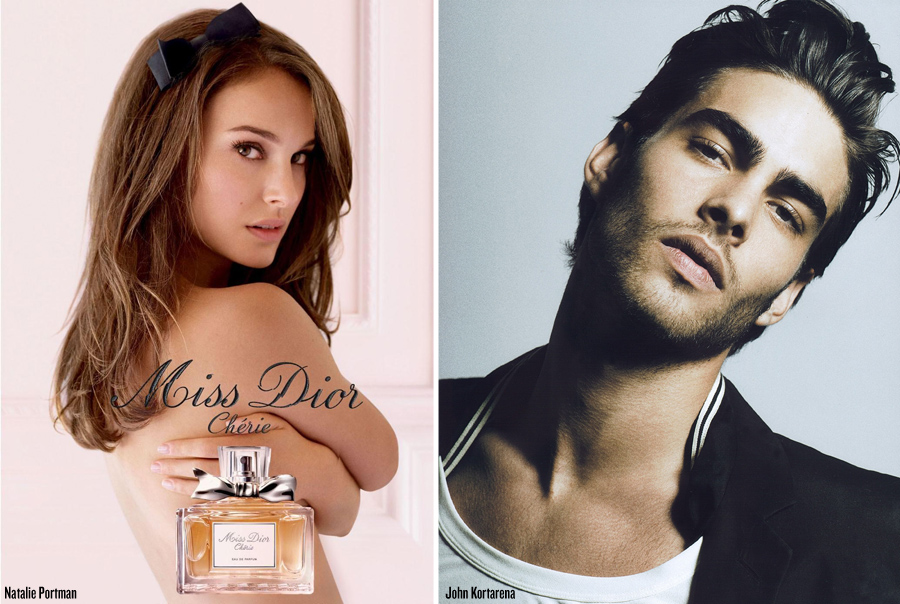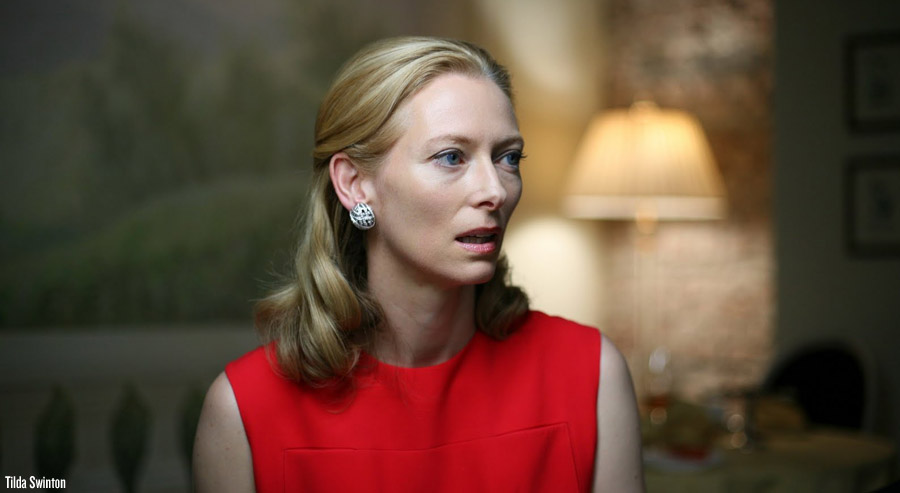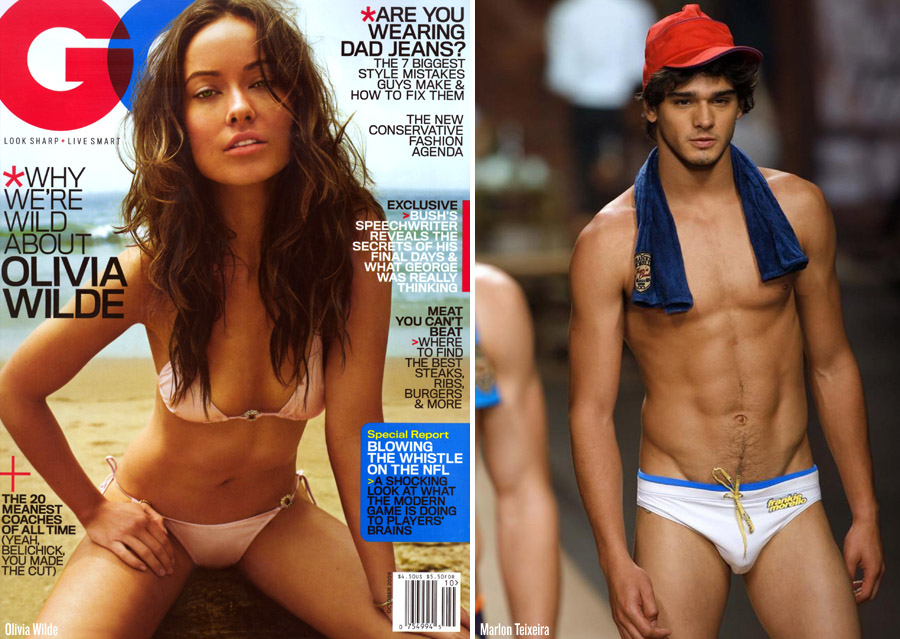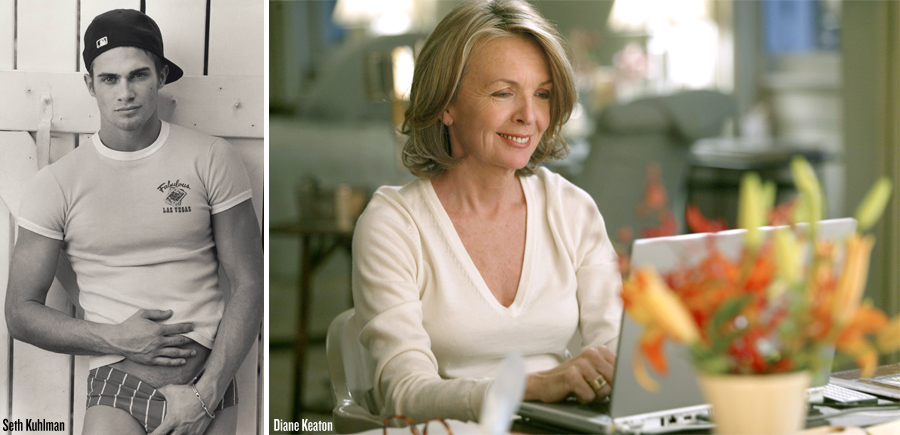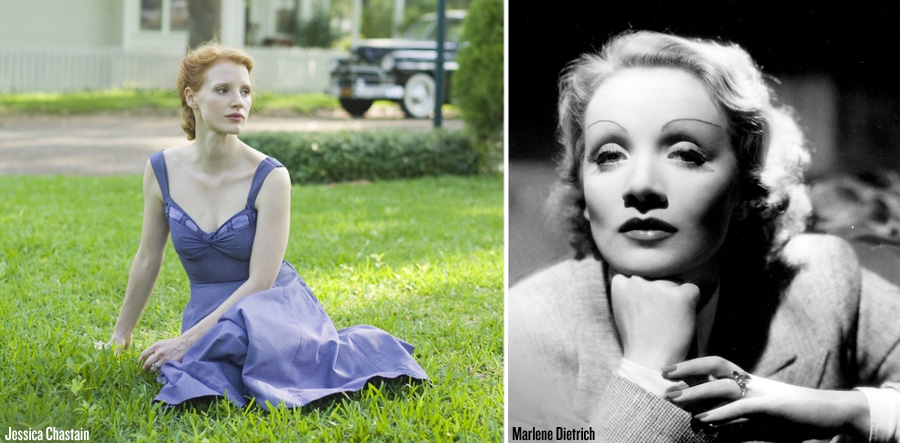CNN just kicked off its terrific new 6-week series exploring the power and mystery of beauty, its role in our world, the neuroscientific and psychological underpinnings behind our relationship with beauty, its purpose in our lives, and a deep exploration of a very big question:
We know beauty when we see it, but what exactly is it?
Philosopher Edmund Burke wrote, “We must conclude that beauty is, for the greater part, some quality in bodies, acting mechanically upon the human mind by the intervention of the senses.” Burke wrote that in 1756, but it’s still being quoted today. Scientists are still trying to unlock the powerful secrets behind what makes thing and people beautiful, but the complexity is rooted in relativity, because beauty indeed is in the eye of the beholder. In CNN’s first instalment entitled “Beholding Beauty: How It’s Been Studied”, writer Elizabeth Landau takes a look several facets including: facial attractiveness and how specific features and biologically based factors guide our assessment of beauty, the origins of how our ideas about the importance of our own beauty are rooted in childhood, how people who are perceived as being more attractive also appear more competent and successful, and the various ways in which beauty is perceived in different parts of the world as well as in the brain of an infant vs. the brain of an adult. You can read the entire first instalment of CNN’s 6-week series on the perceptions of beauty by visiting CLICKING HERE.



